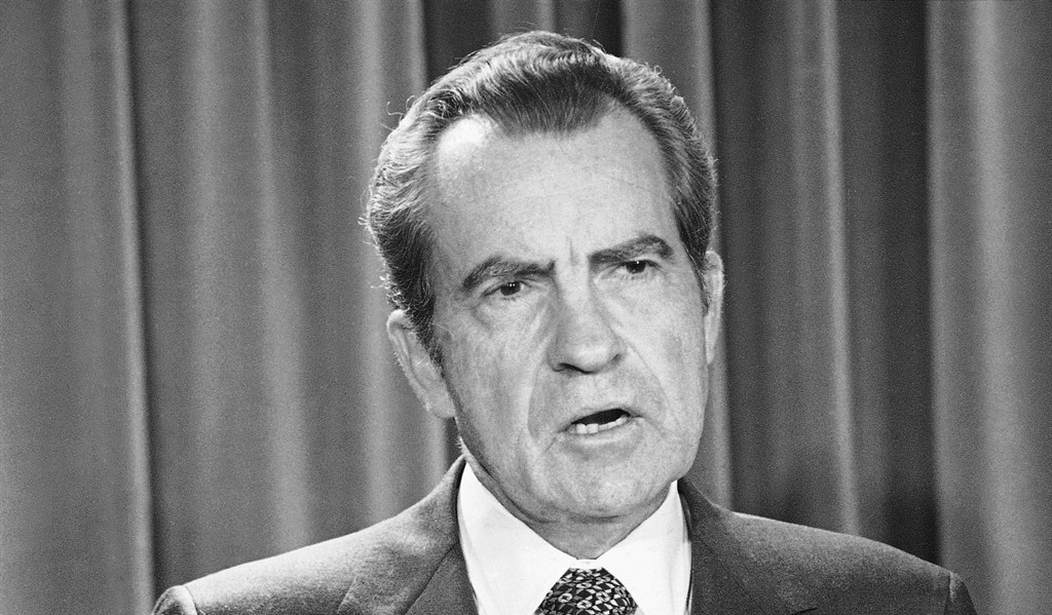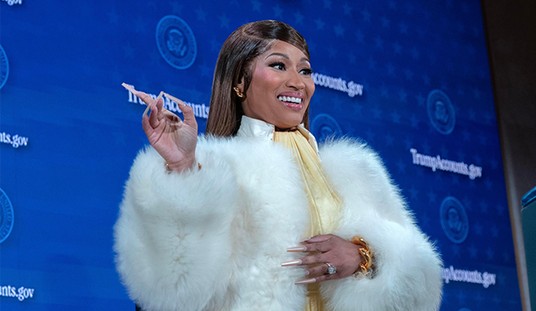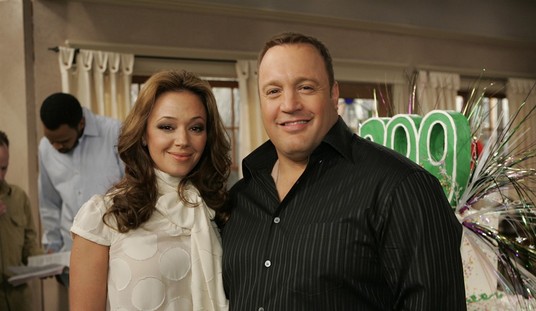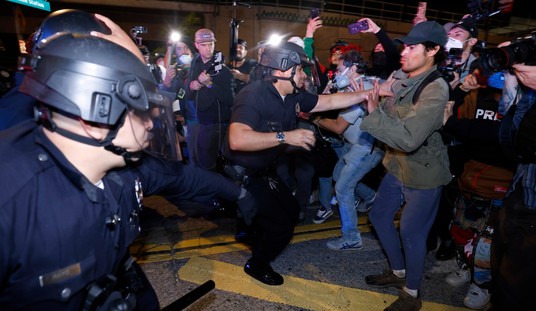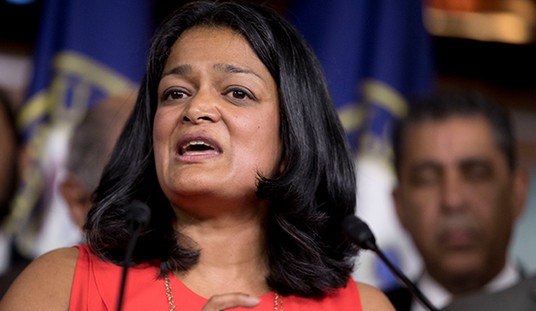We're all too familiar with allegations of election malfeasance and outright fraud in our nation's recent history. Many parts of our election systems are suspect; one major political party is adamantly against any requirement of proving one's identity to vote, although they have no issue with such a requirement before one cashes a check, opens a bank account, or buys a bottle of hooch, a pack of smokes, or a .22 rifle. In the last presidential election, there were widespread allegations of fraud and, in the ongoing election, there are already acts that look a lot like election shenanigans underway.
Granted, fraud in elections goes back as far as there have been elections - it's not at all unlikely that 150,000 years ago, a guy named Groog was elected clan leader because his cousin Pook dropped a bunch of black rocks into the bag to counter the white rocks put in from people supporting Groog's opponent Keech.
But in 1960, amid allegations of fraud around a presidential election, one candidate did what he saw as the right thing for the country, even at the cost of the presidency. That candidate? Republican Richard Milhous Nixon.
The 1960 election was an odd one in many ways. Richard Nixon was Vice President under Dwight D. Eisenhower, the great hero of World War 2, and the last man to ever be courted as a presidential candidate by both major parties. But Ike was done, and Nixon faced a young, handsome senator from Massachusetts named John F. Kennedy. This election also featured the first televised presidential debate; that was interesting because, as my father always related the tale, people who listened to the debate on the radio, as he and my Mom had done, thought Nixon had clearly won, but people watching on the telly tube seeing the young, handsome, urbane Kennedy dealing with the sweating, five o'clock-shadowed Nixon, came off with quite a different impression.
Then came Election Day and the aftermath.
See Related: RNC Battles Election Fraud in Another State, Files Suit on NC Absentee Ballot Policy That Breaks Law
HUGE WIN: Georgia Elections Board Overrules State AG, Requires Hand Count of Ballots on Election Day
NEW: Democrat Lawmakers Signal They Won't Certify Election If Donald Trump Wins
Kennedy won the election, 303 to 219 electoral votes (15 electoral votes went to third-party candidates).
However, there were widespread allegations of fraud. In Illinois, where the Chicago Daley machine was in control of the country's Second City, Kennedy won by only 0.19 percent - 8,858 votes. In Missouri, Kennedy won by 0.52 percent - 9,980 votes, and in New Jersey, Kennedy won by 0.80 percent - 22,091 votes. Any two of these three states would have tipped the election to Nixon.
Quite a few Republican operatives and lawmakers cried foul, among them Senator Barry Goldwater (R-AZ) and Senator Everett Dirkson (R-IL). Nixon's campaign staff urged him to demand recounts. The outgoing President Eisenhower also reportedly pushed Nixon to contest the results.
Nixon declined. He did so for several reasons, including, as Nixon himself later wrote:
In his memoir, "Six Crises," written in 1962, when he was planning a political comeback, Nixon said he made the decision because he feared American prestige would be damaged by suggestions that "the presidency itself could be stolen by thievery at the ballot box."
In a later memoir, "RN," written after he'd resigned the presidency in disgrace, Nixon added another reason: "Charges of 'sore loser' would follow me through history and remove any possibility of a further political career."
An apocryphal quote attributed to Nixon at the time had him expressing his concern that this would set a bad precedent for other nations, especially in Latin America, noting that "every pipsqueak politician down there would start claiming fraud when he lost an election."
In summary, Richard Nixon, no matter what happened to him later, at the time acted out of principle, doing what he thought was best for the United States and for the American people.
Flash forward ahead to 2024. Could we say the same?
The best indication we have now, as of this writing, less than 48 hours from Election Day, is that Donald Trump is favored to win. Some Democratic lawmakers are already talking about refusing to certify the election and are even threatening violence.
See Related: How Close Is the Presidential Race, Really?
Raskin's Shocking Comments to Bill Maher About 2024 Election Results Are Raising Eyebrows
Will Kamala Harris quietly accept the results if - when - she loses? Will she gracefully concede, make a call to President-Elect Trump, and pledge to do what she can to help him, not as a Democrat to a Republican but as one American to another? Will she urge acceptance in her party, counsel them to accept the loss and move ahead, and find a way to do better next time? In other words, will she be as gracious as Richard Nixon?
We live in seriously divided times, politically. And, yes, it's come so far that we can look at a political candidate and ask them if their principles are as good as those of Richard Nixon - and it's a sad statement that the answer is, almost certainly, no.

